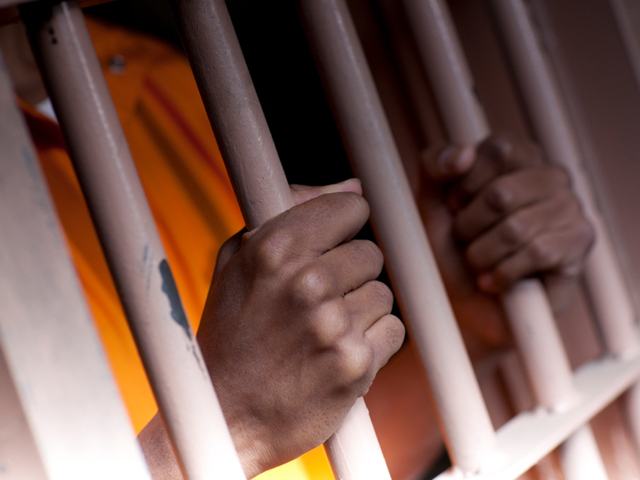I’ve been locked up for 18-1/2 years, and I’ll have 19-1/2 in when I’m finally released next year. One thing I’ve often heard is that doing that much time makes you “institutionalized.” See The Shawshank Redemption for a concise description of this condition. I’ve always been skeptical of it, though. I like to think that I’m in charge of my life and my mind, my beliefs and opinions, and if something is disagreeable, I change it. But lately, I’ve been thinking, and sometimes the smallest act of kindness, a smile from a staff member maybe, is enough to change my mood and outlook. In a way that seems sad. Maybe I am affected quite strongly by the prison environment, if that’s all it takes. And what is going to be like when I’m out there in the real world, where the environment is so much better, not based on hate and ignorance and aggression, where being nice is seen as a weakness, and being violent is seen as a righteous?
Dan Turner
DOC# 767569



It seems to me that if you are able to notice and appreciate kindness, in any circumstances, that is a freedom. Being institutionalized is probably more about routines, needing to do things at fixed times or in set ways, and about waiting for others to make decisions on your behalf or provide for you. The world outside still has plenty of people who respect the same values as you – kindness, honesty, forgiveness – and I pray you will find those people and they will find you, when you come out. Those encounters are empowering, whether inside prison or outside. Best wishes to you.